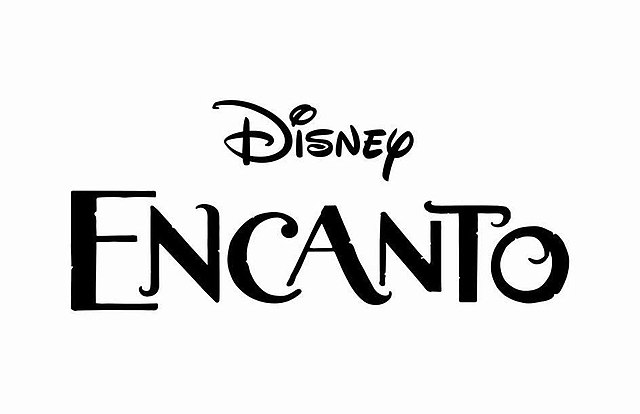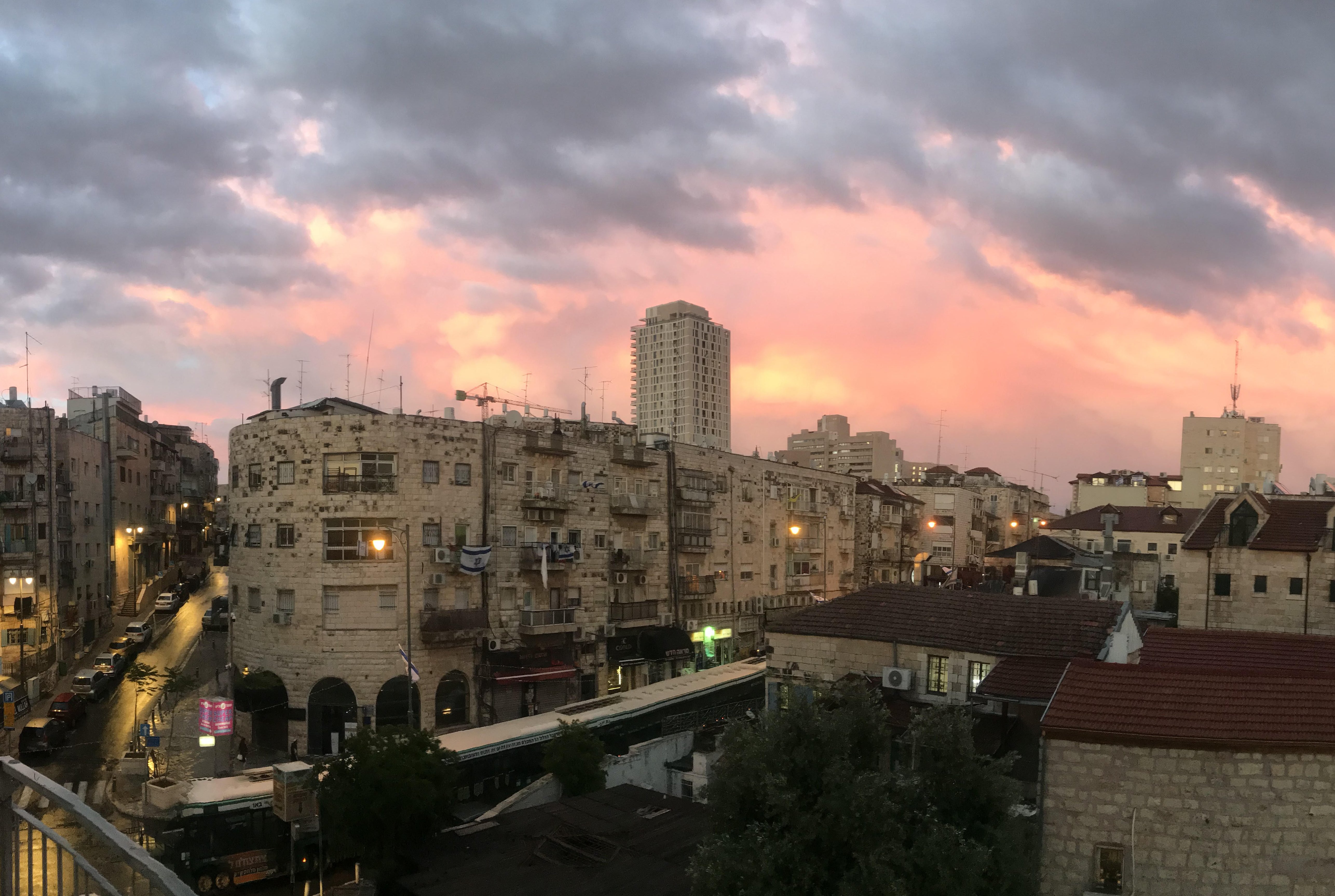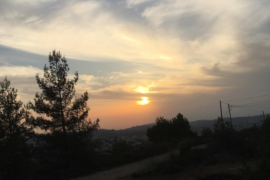Did you also watch Encanto and think that you were watching a story that was hitting way too close to home? Sure, there was the song Surface Pressure that was only too relatable to eldests like me, or the family dynamic that caused us to see our family tree reflected in the Madrigals. If you watch movies like me, you may have seen the story depicted as a deeply Jewish story.
In order to really talk about this, I will need to ruin this movie. It’s actually a really well made one, so if you are going to watch it but haven’t yet, save this article for later. Consider this a SPOILER ALERT!
Encanto centres on the Madrigal family who live in a generic Columbian town. Each member of the family has unique magical powers, gifts that run in the family, and their powers combined with their magical house called “casita” allows them to wield some form of political power in their town. Each family member must contribute in ways that the town deems acceptable, or else find themselves sent away like Bruno. We don’t talk about Bruno.
The magical element of the family is represented by an eternal flame. Mirabel, the narrator and protagonist, begins to witness cracks in casita which irks and terrifies her Abuela, the matriarch of the family. Abuela worries that the aforementioned Bruno’s prophecy was coming true, that the magic of the family was going to diminish and the house would crack.
Abuela’s oft repeated line was repeated for centuries in Jewish history. “We cannot lose our home again.”
For so many years, Jews would do anything to avoid displacement and persecution. This natural phenomenon contributed to the colonization of Jewish identity. Abuela’s insecurities in Mirabel’s view and Bruno’s prophecy highlight this well. Bruno is banned from the ‘casita’ because of this very insecurity. For centuries, Jews disparaged and distanced themselves from revolutionary movements in their ranks because of the traumas of failed messianic movements and of persecution. There is a reason that German Jews at the turn of the 20th century were known to be “more German than the Germans.” Why American Jews are like everyone else, “only more so.” The desire to fit in is one baked in trauma. One developed in the Jewish story over many years, and one that evolves through three generations in Encanto.
Abuela’s original displacement was tragic, for sure. It mirrored the national displacement of our people on Tisha B’Av. Abuela is sent from her village and her husband is murdered, leaving only a candle, that offers gifts to most of their descendants. She raises her family in an insulated setting, ensuring that they will not be displaced, that they prove invaluable to the foreign village they call home. Any step out of line is punished, as we see with Bruno, who calls out the toxicity of the family and reveals the cracks in the foundation.
Casita parallels the baggage held by Jews for centuries. Casita offered comfort to Abuela after the displacement from her town. Casita offered purpose. Most importantly though, Casita offered protection. It is understandable why Abuela’s reaction to the cracks in Casita is to double down. Innovation or new approaches within Casita are a matter of life and death for Abuella. It is an existential threat.
The intergenerational trauma we carry from being exiled from our land and being given the “gift” of expectation to be a light unto the nations and positively impact the world as a whole. “Each new generation must keep the miracle burning,” says Abuela. Each generation must keep the Torah and or our peoplehood alive, quite literally.
Every descendant in the Madrigal family has to use their gift for a greater purpose. That is what Abuella expects from them, yet, many of the “gifts” can be compared to an aspect of the obligation we have to keep the Jewish “flame” burning.
We see the “gifts” given to the Madrigal family as gifts that the Jewish family has, as well. Camilo’s shapeshifting skill is one that exemplifies the ability that Jews have learned to adapt to new situations with ease. Just as Camilo’s gift is a reaction to the society he lives in, the adaptability of the Jewish people is a key feature of their survival, yet also proves detrimental as many Jews find themselves confused about their identity.
Julieta’s gift is one that represents the basest of Jewish culture, one thing that is accepted by opposing cultures. Julieta’s gift, creating food that heals, is appreciated by the townspeople. After all, we can recognize that multiculturalism in the Western experience is often limited to the foods a culture has to offer. What the Madrigal family brings of their own heritage is food, and even this is to please the town.
The protagonist of the movie Encanto is Mirabel. She embodies the fear of failure and expectations put on the children of trauma. She also embodies the experience of Jews who feel like outsiders among their own. She did not receive a gift like the rest of Abuela’s descendants and so she feels like an outsider. This outsider status gives Mirabel a greater view of her family that insiders cannot afford. She sees the toxicity and problematic elements for what they are, as she is, in a sense, a victim of them, shunned for her questioning. Mirabel’s curiosity about her banished uncle, Bruno, enables her to fight for his cause. She is the successful liberator of the family. Where Bruno failed, Mirabel succeeded.
Bruno is given some form of prophecy which represents the role of liberator. His liberatory worldview is mirrored in the premature appearance of Shabtai Zvi, or of recognized liberation characters such as Moshe, who was initially rejected by his people, despite conditions of brutal oppression. The response to Shabtai Zvi was ultimately that of Bruno, a total banishment and an attempt of scrubbing him out of their history.
Bruno is also the scapegoat, blamed for all the bad happenings in the town. Bruno is just the messenger, each of the townspeople has control over their own future. The most obvious example is the hurricane that rained down on Pepa’s wedding. In the last song of the movie Bruno says “Pepa, I’m sorry ’bout your wedding, didn’t mean to be upsetting. That wasn’t a prophecy, I could just see you were sweating. And I wanted you to know that your bro loves you so. Let it in, let it out, let it rain, let it snow, let it go.” He was letting her have a chance to take control over her own powers and realize that she controlled how the day would be.
Bruno, much like the ideas of liberation, hides in the walls and never really leaves. The successor to the multiple movements to liberate the family appears in Mirabel, the perennial outsider. It is interesting that it took someone without an obvious gift recognized by the family to achieve a liberatory action.
Bruno’s vision serves to help empower the liberator who rebuilds Casita. Though the origin story of Casita is unclear, it seems that the one built utilizing the flame was meant to be a fortress to protect the family and the flame.
The Jewish story, while unique in history, is also a universal one depicted in many movies, including the seemingly innocuous Encanto. We can learn a great deal from the protagonist, Mirabel, about revolutionary themes within the Jewish story. The role outsiders and persistence play in the vision of fulfilling Israel’s mission is critical. We see that the vision of Bruno mimics the consciousness of liberation that is often ostracized when the community is not ready for it. But the ability of Mirabel to ultimately bring about that liberation when the time is right also has much to teach us.





